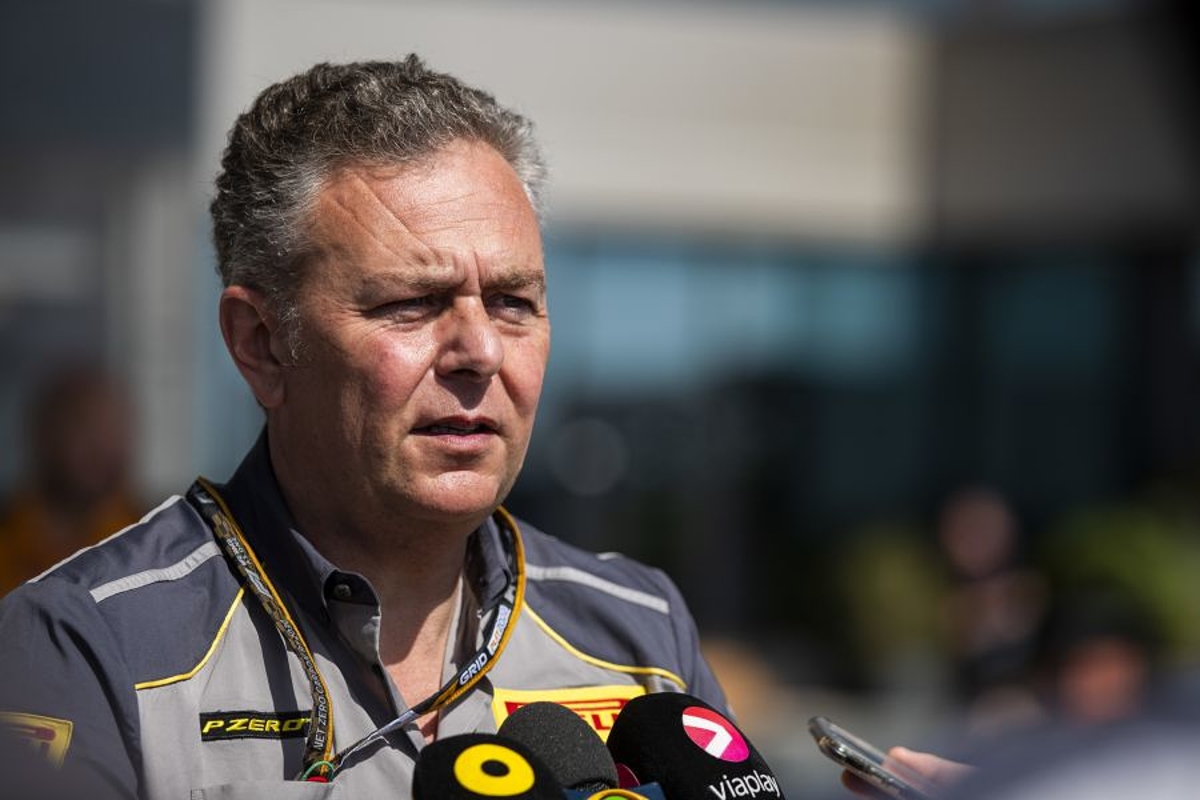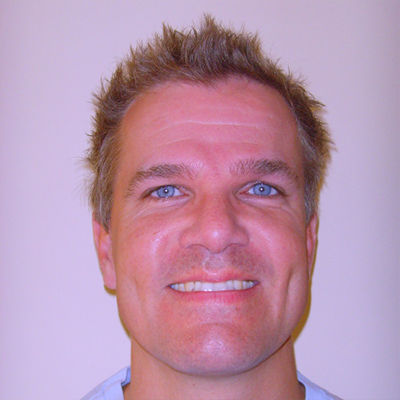Alpine sporting director Alan Permane has warned that Pirelli faces "a very big challenge" with the planned tyre-blanket ban in F1 from 2024.
Mercedes trackside engineering director Andrew Shovlin has already expressed concern F1 could become "a worse sport" if it does not quickly resolve the thorny problem of tyre blankets.
Recent tests in Austin and Mexico City highlighted difficulties, notably in the United States where the tyres were only heated to 50 degrees, leading to alarm from the drivers who feared the worst ahead of a complete ban from 2024.
While the situation improved marginally in Mexico City, Permane feels Pirelli has its work cut out over the next 16 months before the 2024 season starts.
"The difference from Mexico to Austin was that we ran the tyres at 70 degrees in Mexico, but heated for two hours," said Permane. "Normally, our heat time is three hours.
READ MORE...Verstappen predicts crash danger from F1 blanket ban
"Mario [Isola, motorsport director] from Pirelli tells us that 70 degrees at two hours is the same, or even a little bit less, than 50 degrees at three hours.
"So it seems like they've already found a good compromise from Austin where our drivers, certainly Fernando [Alonso], said it's actually dangerous. He really felt a lack of grip.
"You can see some power sliding and things like that, and you rarely see any of that sort of thing.
"So I think that they found a good direction, something that hopefully we can take through to next year.
"That buys them a little bit of time for 2024, which at the moment is blanketless, but that is a very big challenge. Very big."
With the clock ticking, Ferrari sporting director Laurent Mekies feels Pirelli has to be provided with the requisite testing programme next year to ensure it can take on the ban in complete safety.
"The target has to be the right one, for the environment, to remove the blanket," said Mekies.
"We just need to give Pirelli the right time, the right chance, the right opportunities, testing opportunities, to develop the product.
"Once we have that we can then move to the blanketless approach."
Related































 Grand Prix of Australia 2025
Grand Prix of Australia 2025  Grand Prix of China 2025
Grand Prix of China 2025  Grand Prix of Japan 2025
Grand Prix of Japan 2025  Grand Prix of Bahrain 2025
Grand Prix of Bahrain 2025  Saudi Arabian Grand Prix 2025
Saudi Arabian Grand Prix 2025  Gran Premio dell'Emilia Romagna 2025
Gran Premio dell'Emilia Romagna 2025  Grand Prix De Monaco 2025
Grand Prix De Monaco 2025  Gran Premio de España 2025
Gran Premio de España 2025  Grand Prix du Canada 2025
Grand Prix du Canada 2025  Grand Prix of Austria 2025
Grand Prix of Austria 2025  Grand Prix of Belgium 2025
Grand Prix of Belgium 2025  Grand Prix of Hungary 2025
Grand Prix of Hungary 2025  Grand Prix of Azerbaijan 2025
Grand Prix of Azerbaijan 2025  Grand Prix of Singapore 2025
Grand Prix of Singapore 2025  Gran Premio de la Ciudad de Mexico 2025
Gran Premio de la Ciudad de Mexico 2025  Grande Prêmio de São Paulo 2025
Grande Prêmio de São Paulo 2025  Qatar Grand Prix 2025
Qatar Grand Prix 2025  Grand Prix of Abu Dhabi 2025
Grand Prix of Abu Dhabi 2025 